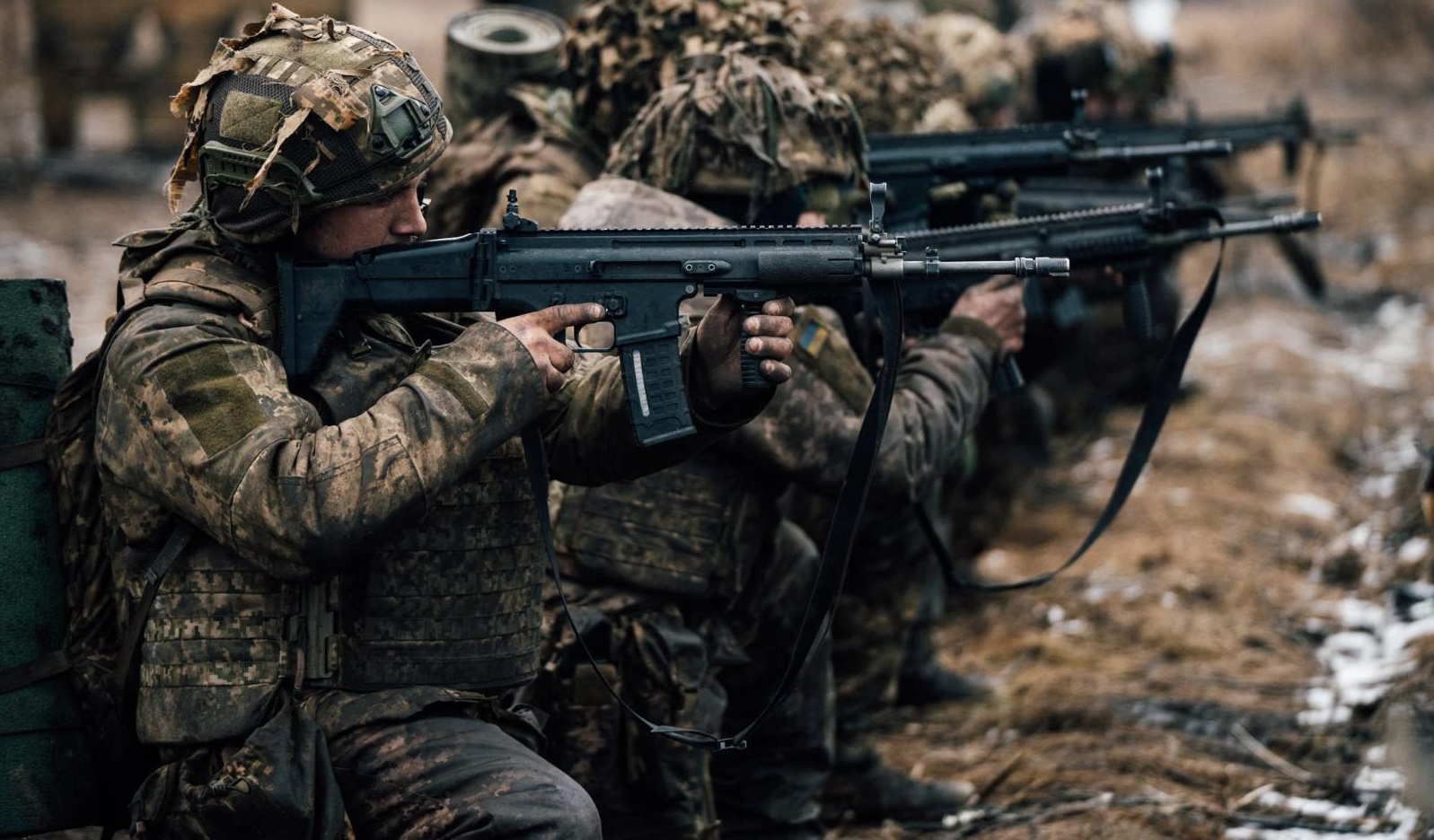European nations would struggle to collectively deploy 25,000 troops to Ukraine as part of a "coalition of the willing," a proposed deterrence force, according to sources cited by The Times.
This falls far short of the 64,000-strong force originally suggested by British military leadership.
A recently formed "coalition of the willing" is an initiative established by Ukraine's partners in March 2025 as an alternative to immediate NATO membership, which aims to strengthen Ukraine and help secure lasting peace amid the ongoing war with Russia.
The peacekeeping contingent is expected to include “over 10,000 military personnel,” according to Prime Minister Sir Keir Starmer, with forces primarily from the United Kingdom and France.
Russia firmly rejected proposals for European peacekeeping forces in Ukraine, characterizing such deployments as "direct NATO aggression" and a threat to its strategic interests.
The Times gained insight into high-level discussions between Europe's defense ministers and military chiefs who are developing plans for a "coalition of the willing" force in Ukraine.
Admiral Sir Tony Radakin, Britain's chief of defense staff, reportedly proposed the 64,000-strong force during a meeting earlier this month.
However, defense ministers across Europe expressed serious doubts about reaching these numbers.
"There was no chance they could reach that number and even 25,000 would be a push for a joint effort," said a source familiar with discussions in Brussels.
The numerical challenge appears significant when considering rotation requirements. Allies pointed out to John Healey, the British defense secretary, that a force of that size would require 256,000 troops over two years to maintain rotations.
Lithuania's defense minister Dovilė Šakalienė reportedly delivered a stark assessment:
"Russia has 800,000 [troops]. Let me tell you this, if we can't even raise 64,000 that doesn't look weak — it is weak."
Several major European nations expressed reluctance or outright refusal to commit ground forces. Poland, Spain and Italy made clear they will not contribute soldiers, while Finland and Estonia raised concerns that deployments would "dilute" their own border defenses. Germany is reportedly against sending ground forces but has not completely ruled it out.
France has indicated it would match the UK's commitment of 5,000-10,000 troops.
The discussions highlight Europe's continued reliance on the United States for serious deterrence against Russia.
As one source noted: "Without large populous countries committing [troops], it is a dead end."
The British Army faces its own challenges, including a shrinking force, artillery shortages, and problems with support equipment normally supplied by America, according to a UK source.
Given these constraints, plans are shifting toward a more limited approach. The most likely scenario now involves sending British and French military trainers to western Ukraine, well away from front lines, rather than troops to guard key installations or protect Ukrainian forces.
Earlier, British Defense Minister John Healey clarified that the UK-led "coalition of the willing" will deploy British troops to Ukraine for non-combat roles, focusing on training Ukrainian forces away from frontlines to bolster their capabilities and support peace efforts.
He also emphasized compliance with international law and rejected exemptions from the European Convention on Human Rights despite Russian "lawfare" risks.
During a 10 April NATO meeting in Brussels, bringing together approximately 30 nations, Healey announced that only six countries, including the UK, France, and Baltic states, had so far committed to deploy their troops to Ukraine.
While the Trump administration refuses to deploy troops, it privately signaled openness to providing intelligence and logistical aid
Read also
-
British “coalition of the willing” troops in Ukraine will train, not fight
-
Telegraph: US privately offered to provide security guarantees for Sir Keir Starmer’s “coalition of the willing”
-
Only 6 of 30 “coalition of willing” countries ready to send peacekeepers to Ukraine
-
Finnish president Stubb calls for Europe to establish its own negotiation team and envoy for Ukraine’s peace talks

